Jack Ma: ‘Since founding Alibaba, I have never touched money, have no interest in money’
- Tram Ho
When billionaire Jack Ma flew to Hangzhou on the morning of March 27, few could have predicted a series of domino events that would soon take place.
Jack Ma’s arrival brought an end to a year of living outside of China, which raised questions about whether he could, in fact, return. The co-founder of the $263 billion e-commerce company Alibaba Group Holding has stopped appearing in public after a fierce public confrontation with the Chinese government in 2020. Since last May, who We only see Jack Ma abroad: Spain, Netherlands, Japan, Thailand, Australia, Fiji…
However, if Jack Ma’s appearance in China has solved one mystery, Nikkei said, it seems that another mystery has opened.
Alibaba, which he led for nearly two decades as president until 2019, announced what some analysts call a “soft split” by splitting into six business groups. to pursue separate IPOs. If the restructuring results in Alibaba losing control of its component units – and the company itself does not rule it out – it could mark the end of a Chinese internet era. Alibaba, by all intents and purposes, is the creator of China’s e-commerce industry, a $1.5 trillion market today.
Alibaba has said the restructuring is aimed at “unlocking value,” but in the two weeks since the measures were announced, it has not been clear whether other motives are involved. Many believe the move is motivated by the threat of further antitrust action by regulators, who in 2021 fined the company $2.6 billion for antitrust violations. It’s part of a broad government overhaul of big tech, which includes a ban on for-profit after-school tutoring services and a 14-month freeze, barring giants Tencent and NetEase from releasing content. new game title.
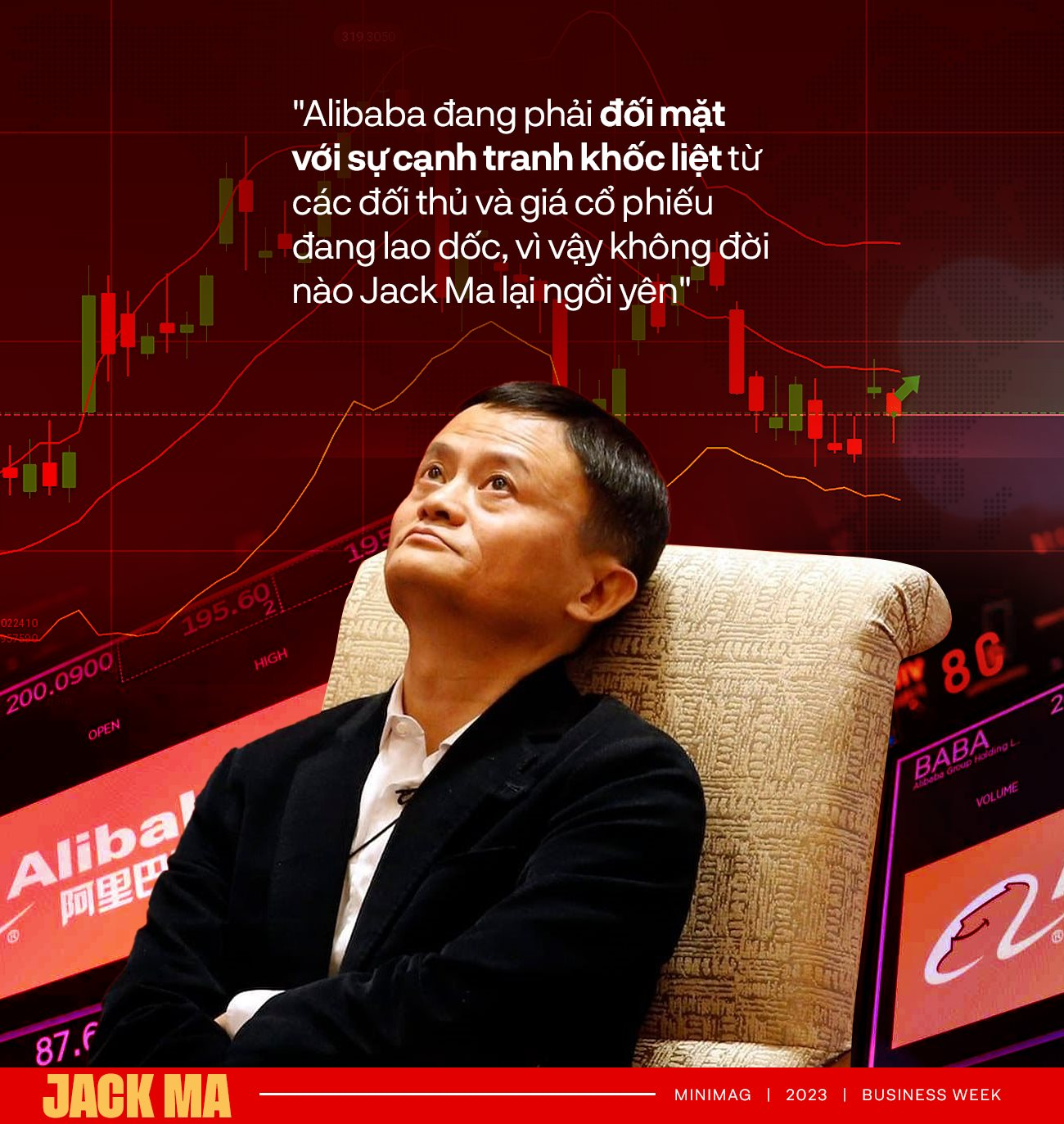
Alibaba’s corporate reshuffle could herald a similar wave of restructuring in the industry. Two days after Alibaba’s announcement, JD.com, one of Alibaba’s biggest rivals, said it would spin off its industrial and real estate units to seek separate IPOs. JD.com said the two announcements are unrelated.
In addition to appearing less threatening to regulators, Alibaba’s new structure could invigorate the company. In fact, since peaking in late 2020, shares of the New York-listed company have fallen about 70%.
A senior manager at Alibaba, who was informed about Jack Ma’s schedule a day in advance, said that they knew some big changes would come when Jack Ma returned but did not expect them to come so soon. So.
“Alibaba is facing fierce competition from rivals and stock prices are plunging, so there’s no way Jack Ma will sit idly by,” said the senior manager, who requested anonymity. “There’s been a lack of confidence both internally and externally, and we’re in dire need of a boost.”
Jack Ma’s return appears to be staged to show that Alibaba’s overhaul is being done under his own accord, not under pressure from the regulator. However, the billionaire has carefully refrained from saying anything publicly about Alibaba.
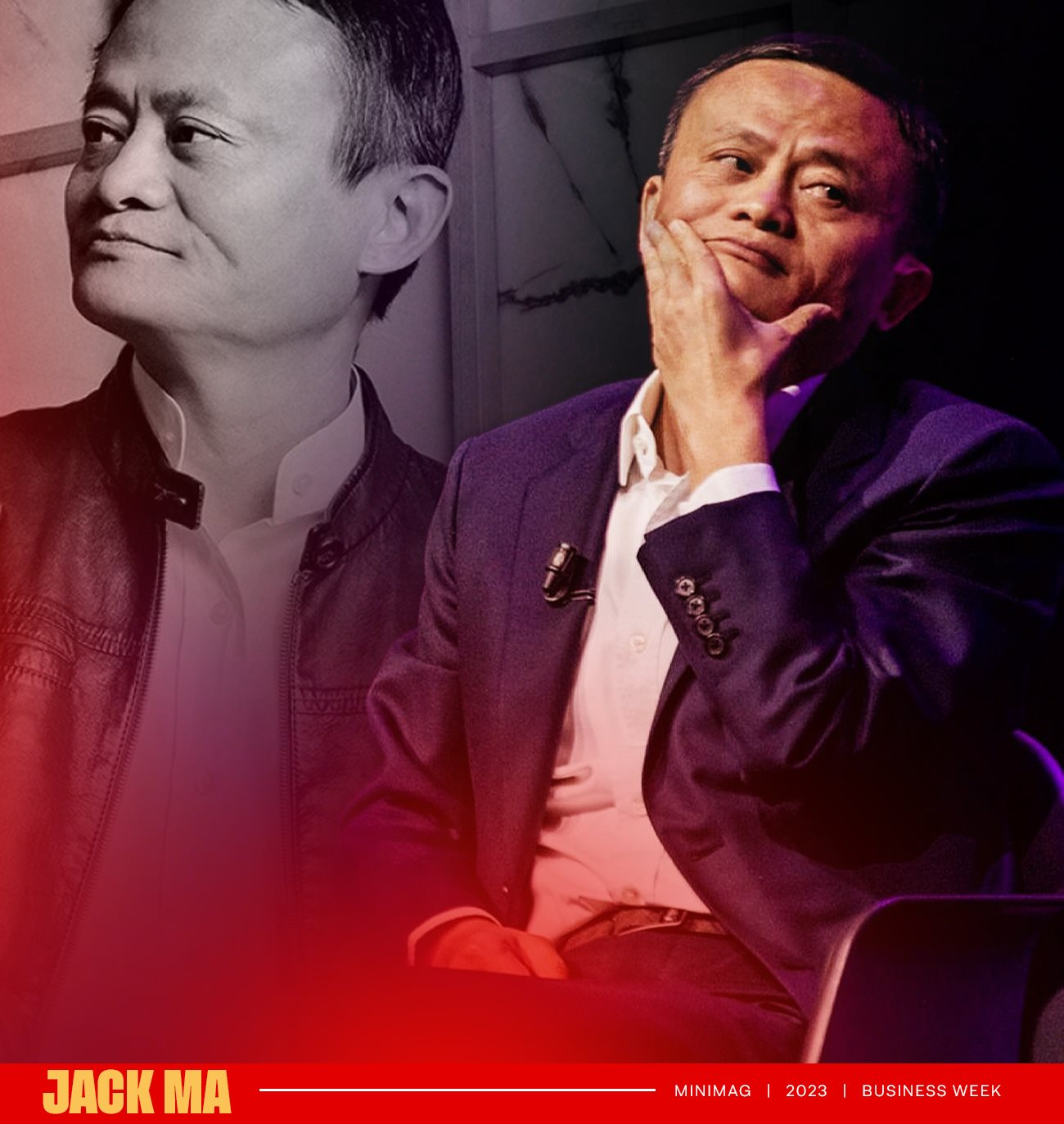

Once the face of the new China, Jack Ma often shares the stage with foreign national leaders and Hollywood superstars. The most recognizable Chinese businessman, he is seen by small Chinese e-commerce companies as a symbol of wealth, with many even lining up to worship his portrait on the eve of the purchase. China’s annual shopping on 11/11.
However, the influence of Jack Ma and his e-commerce empire has come under closer scrutiny by Beijing over the past few years. Since Ant Group’s massive IPO was halted in November 2020, due in part to Ma’s confrontational style and record 18.2 billion yuan ($2.6 billion) antitrust fine in years later, Ma almost disappeared from public view.
Alibaba in the past few years has faced fierce competition from rivals. Their share of China’s e-commerce market has dropped to around 50% in 2021 from more than 75% in 2015. They don’t just face threats from online retailers JD. com and Pinduoduo but also from short video platforms Douyin and Kuaishou Technology, which have attracted advertisers and users by live streaming sales events and offering lower prices. Douyin, along with the other advertising businesses of parent company ByteDance, in 2020 surpassed Alibaba to become China’s largest advertising platform.
Taobao and Tmall, Alibaba’s core markets and key revenue contributors, in the fourth quarter suffered an unusual drop in gross merchandise value (GMV), a widely used metric in the industry. e-commerce as an indicator of revenue. Declining consumption and fierce competition are the causes. Goldman Sachs predicts Taobao and Tmall’s GMV growth will be flat from 2021 to 2025 and its market share to drop to 35% in 2025 from around 50% in 2021. Goldman expects the platforms of Alibaba still has the largest market share in 2025, followed by JD.com and Pinduoduo. Douyin’s e-commerce market share is estimated to grow to 14% in 2025 from around 8% in 2021.
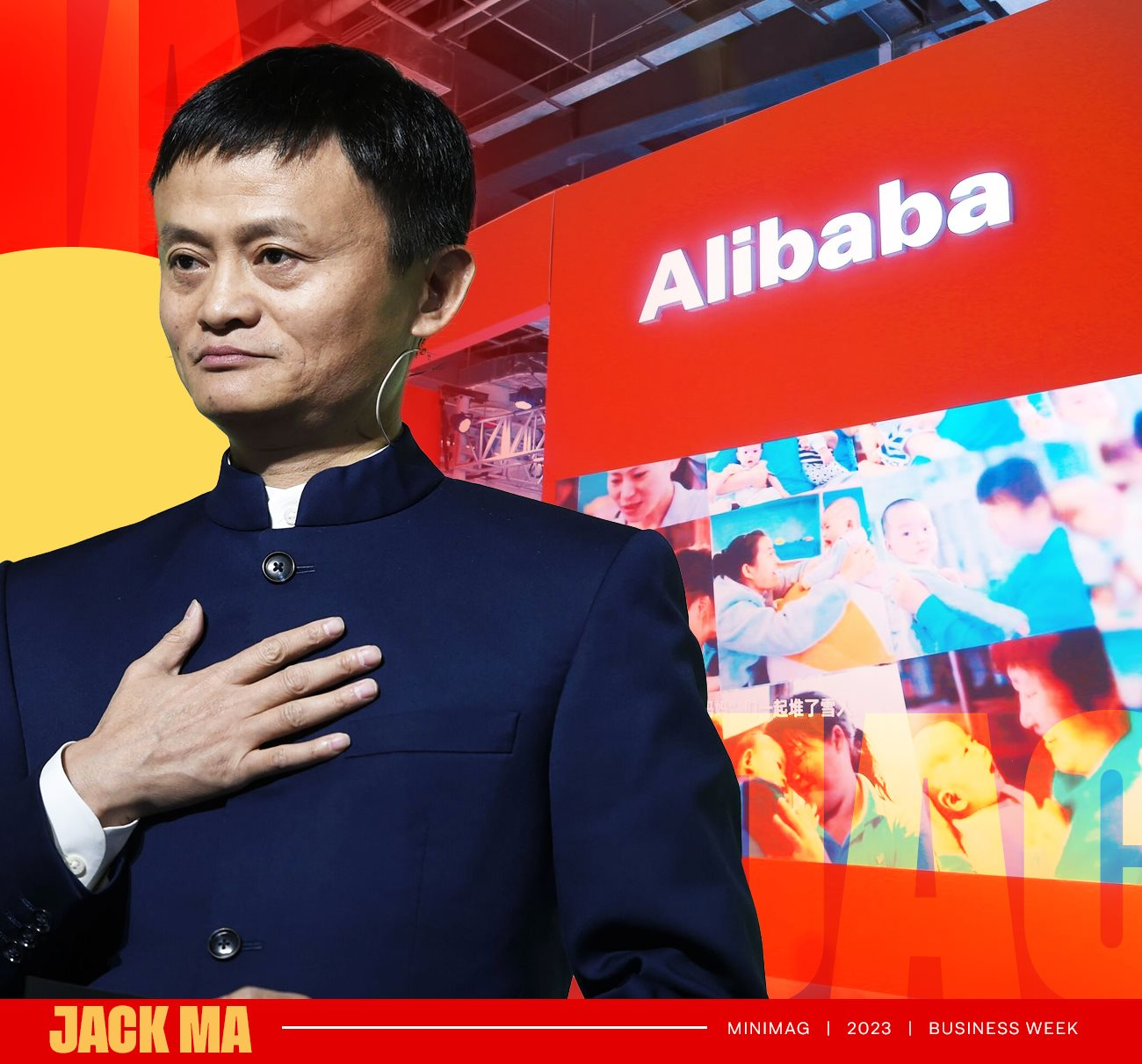
After the restructuring, Alibaba’s six segments will be: Cloud Intelligence Group, Taobao Tmall Commerce Group, Local Services Group, Cainiao Smart Logistics, Global Digital Commerce Group and Digital Media and Entertainment Group. Each company will be run by its own CEO and board of directors. In addition to Taobao Tmall Trading Group, which will remain in the listed entity, other entities will be able to seek outside financing and pursue IPOs.
The restructuring doesn’t come as a surprise to some as the company has reorganized its financial statements for the fourth quarter of 2021 into six new business groups.
Alibaba Group will act as the holding company of the six groups and as a controlling shareholder. Alibaba’s board will retain control of the boards of these new companies, but later clarified that it will decide whether to retain control of the individual businesses after their IPOs.
“The main reason corporations fall apart is that their units can be managed more efficiently and are more valuable if they are split up,” said Jesse Fried, a law professor at Harvard Law School. .
But the parent company structure, which often does not allow a direct say in the operations of its subsidiaries, is uncommon for China’s tech giants, who maintain most of the operations. under one roof.
The idea of a private IPO for some business units is not entirely new to Alibaba. Logistics unit Cainiao, Alibaba’s Southeast Asian e-commerce platform Lazada and delivery platform Ele.me have all considered IPOs and previously issued stock options to employees, an executive said. of Alibaba told Nikkei.
Brian Tycangco, Asia equity market analyst at US investment research firm Stansberry Research, said that in addition to unlocking the value of different business units, the restructuring helps reduce risk. regarding potential regulatory changes to specific technology sectors.
For example, if Beijing introduces new regulations targeting platform-based food delivery services, it won’t hinder overall company valuation and investor sentiment.
“The more diverse the shareholder base, the better for companies, especially in the eyes of regulators,” he said.
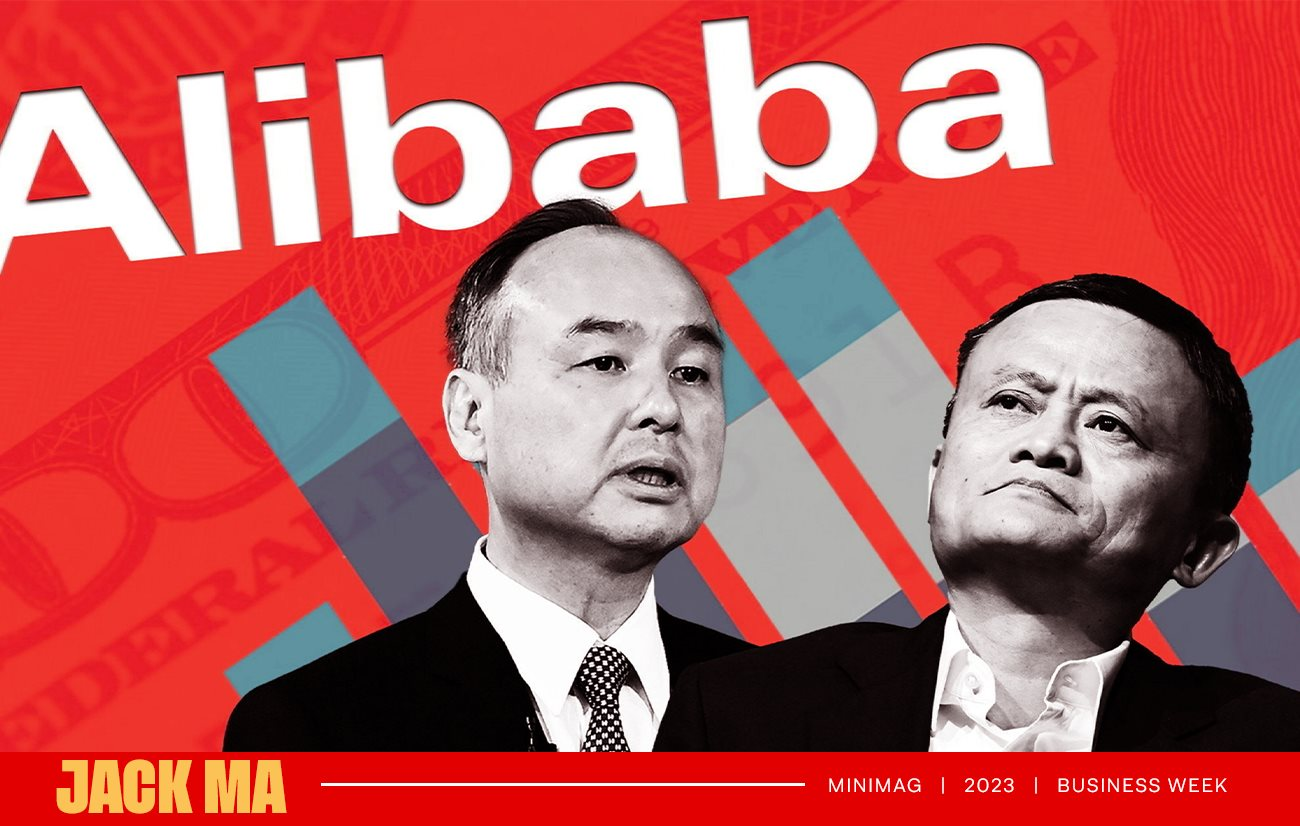
Much depends on SoftBank Group, an early investor in Alibaba and still a significant shareholder despite reducing its stake over the years. SoftBank has remained silent on Alibaba’s reorganization, but analysts see the possibility of a breakup as a positive factor for the Japanese conglomerate.
“If Alibaba is split into multiple companies, the risk of the Chinese government suddenly restricting Alibaba’s business could also be scattered,” said Shinji Moriyuki, senior analyst at SBI Securities.
Moriyuki added: “SoftBank has been selling its Alibaba stake for some time, but this trend may slow as risks become more manageable.”
SoftBank held a 13.7% stake in Alibaba as of December, according to company filings. The Japanese conglomerate announced last August that it would give up some of its Alibaba shares as payment for futures contracts.
“Compared to SoftBank Corp., which provides a steady stream of cash flow from its telecom business, and chip designer Arm, Alibaba may become less strategically important to the company.” , Moriyuki added.
SoftBank has been “quite nervous” about Alibaba’s future in recent years amid China’s regulatory uncertainty, people familiar with the matter told Nikkei.
“The restructuring is an important step in the normalization of Alibaba’s capital operations. SoftBank will support the reorganization as long as it benefits the entire Alibaba Group and increases the share price.”

“My biggest mistake was creating Alibaba,” Jack Ma told investors at a conference in St. Petersburg 2016. “I never thought this would change my life. I’m just trying to run a small business and it has grown to be so big, with so many responsibilities, and so much to know. lots of trouble”.
Jack Ma is known for his unique personality and likes to cause controversy. Before he left the company, he used to wear outlandish outfits for Alibaba’s annual gala dinner – from a rock star in a silver wig to an old-fashioned opera singer. He even starred in a kung fu short film promoting tai chi alongside martial arts star Jet Li.
“Since founding Alibaba, I have never touched money, I have no interest in money,” Jack Ma, then China’s second-richest man, told China Central Television in 2016. 2015.
Since 2013, Jack Ma began to distance himself from Alibaba’s leadership, announcing that he would step down as CEO of Alibaba due to “no longer feeling young for the Internet business”. Then, on his 55th birthday in 2019, Jack Ma stepped down as chairman of Alibaba’s board, pledging to focus on educational philanthropy.
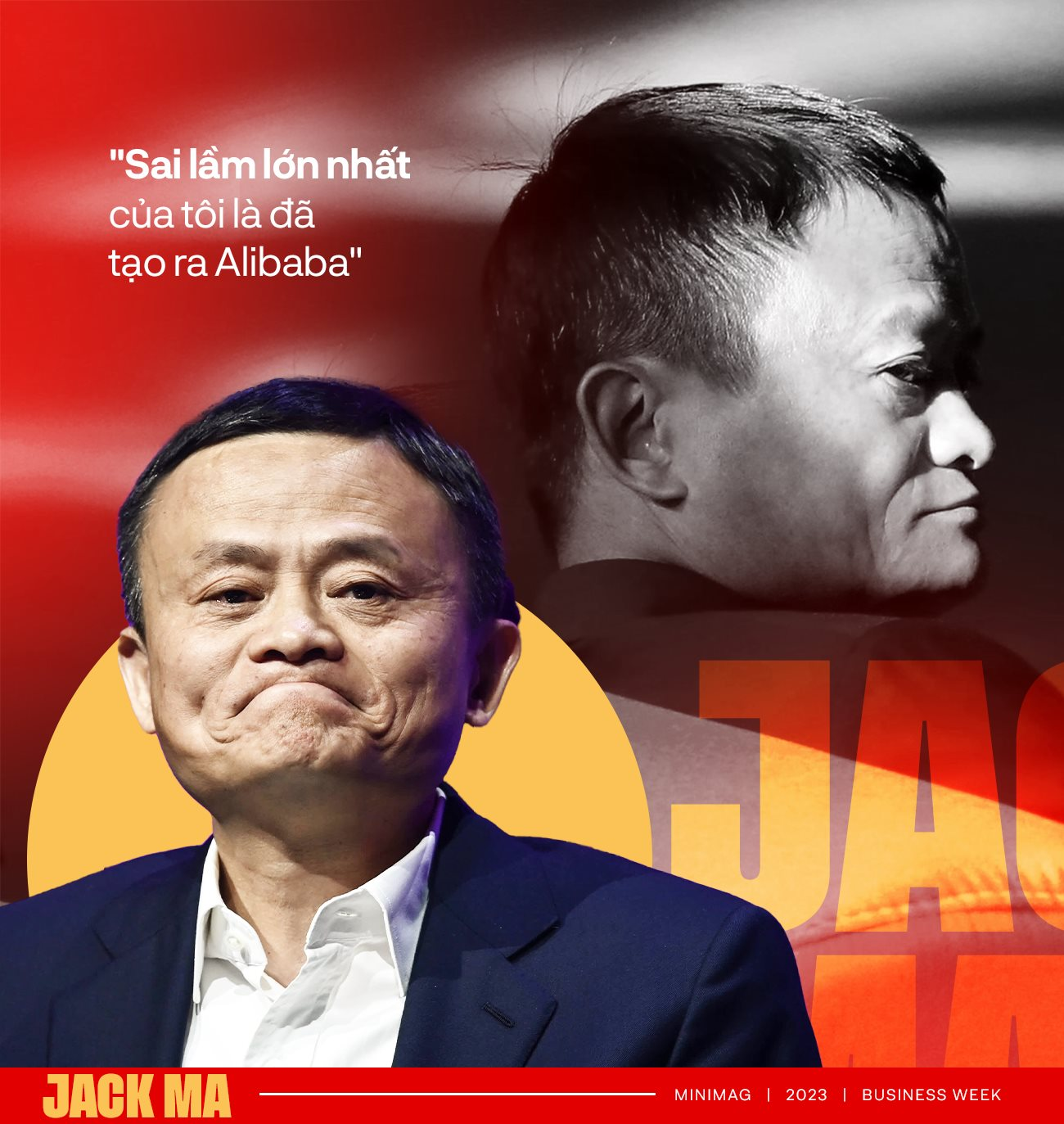
But the truth is, he never really left. Due to Alibaba’s complex legal structure, Jack Ma has a lot of influence over the company – regardless of his executive role or ownership stake – thanks to the partnership through which Jack Ma and a group of influential insiders.
Jack Ma’s troubles with the Chinese government can be traced at least in part to his foray into the financial sector, starting in 2011, when it was revealed that Alipay, the e-commerce platform of Alibaba, was spun off from the Alibaba Group to become a company that Ma personally controls.
Alipay eventually evolved into Ant Group, a huge, similarly controversial fintech company. Ant’s blockbuster IPO was abruptly halted in 2020, a week after Jack Ma publicly criticized China’s financial system and regulators as outdated, leaving him directly in the spotlight. of Beijing. Ma gave up control of Ant Group in January amid pressure from Beijing to force the company to split from Alibaba Group.
Since the IPO was suspended, Ant Group has carried out a series of sweeping overhauls at the behest of Beijing.

Alibaba’s move was warmly welcomed by investors. Their shares jumped about 20% following the announcement.
Experts say Alibaba’s restructuring could set a precedent for big Chinese tech companies looking to appease Beijing, which is increasingly wary of its influence and expansion. big technology. Especially if Alibaba’s move is successful and investors earn higher returns, then pressure will be on other companies to do the same.
Currently, more than two-thirds of Alibaba’s revenue comes from China-based e-commerce; each of the other five business units generates about 3% to 8% of the group’s total revenue. Cainiao and Alibaba Cloud are already profitable, according to their financial statements, which could be good for the valuation.
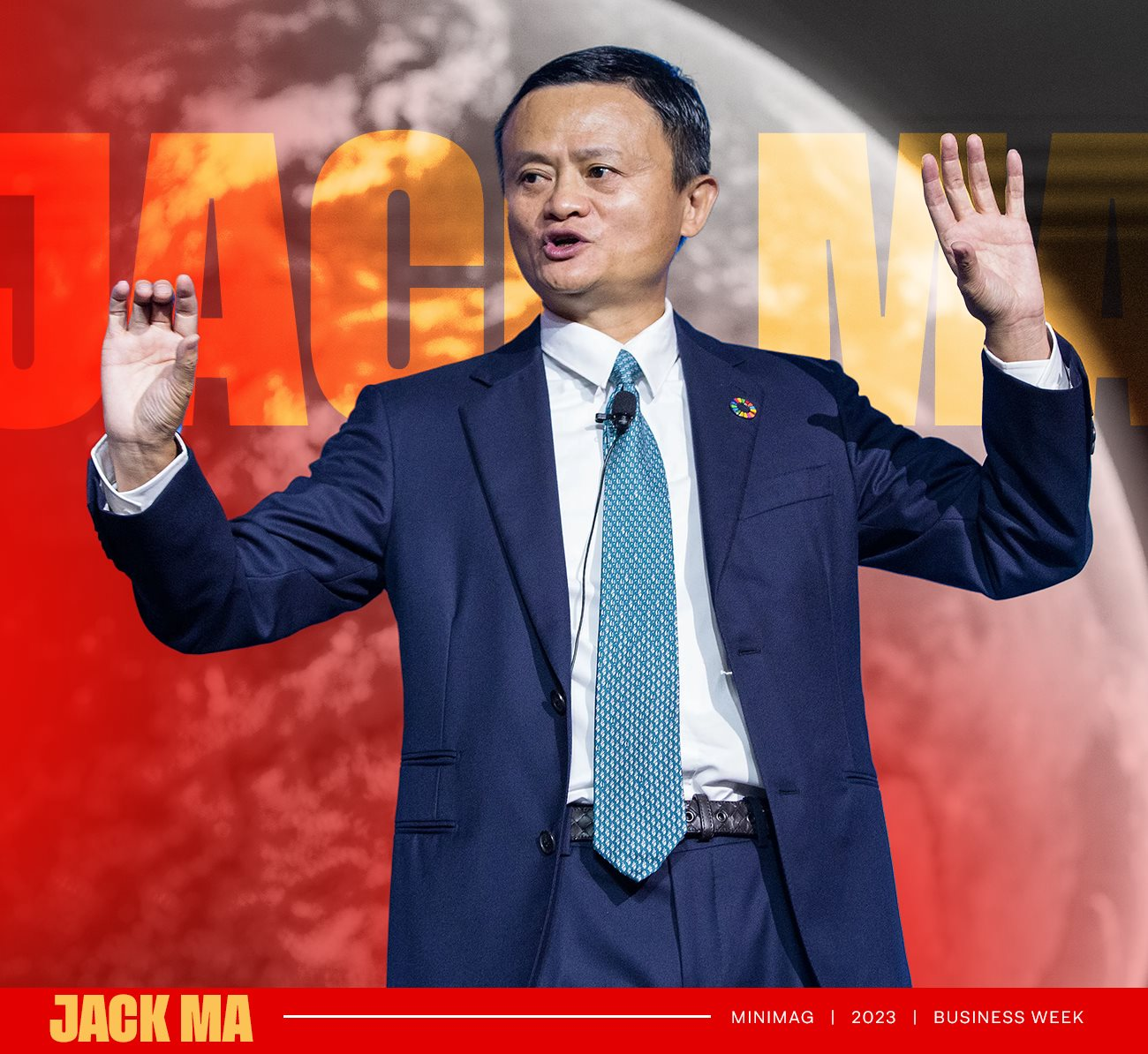
Alibaba said that after the restructuring, the cost benefits and quality of services Alibaba provides to other Alibaba businesses will be evaluated by the market.
In the past, Alibaba’s underperforming businesses could rely on capital from other profitable segments of the company to cover losses. Chelsey Tam, senior equity analyst at Morningstar, a Hong Kong-based research firm, said if these individual companies are still losing money and unable to raise capital to stay afloat, they may have to sell to competitors in the future.
Source: Nikkei
Source : Genk
